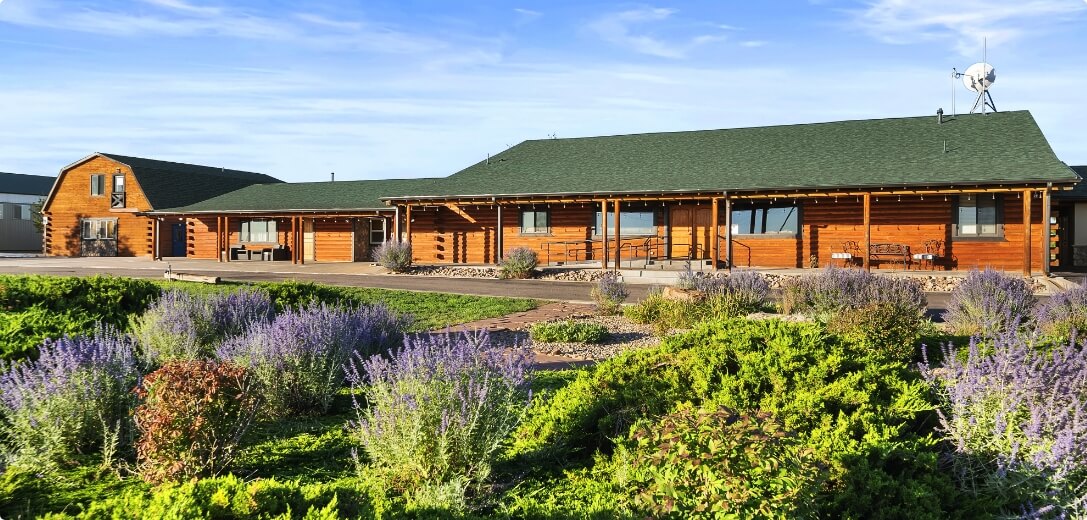
For years, we’ve thought of addiction as a disease, meaning that it’s either something you can’t escape or it’s something you won’t ever have to face.
If you have it, you will continue to get worse and worse until you lose your job, your health or maybe even your family.
While many people and institutions still embrace that view, there is a new theory that views addiction more as a spectrum or sliding scale.
Before we get into the specifics, let’s be clear about one thing: Nobody is suggesting that we go back to the dark ages when people viewed addiction as a moral failing. Whether you view addiction as a disease or as a spectrum, there is one point on which we must be perfectly clear: Shame has no place in any discussion on addiction.
What Does Addiction Mean?
So what is an addiction, really?
According to the new theory of addiction, addiction is a spectrum that can range from low-risk use (a little too much wine on weekends) to hazardous use (getting absolutely wasted and then driving a car).
One of the bright spots of thinking of addiction as a spectrum is the knowledge that you don’t have to hit rock bottom to change. At any point on the scale, you can evaluate your life and decide that changes need to be made.
Your genetic vulnerabilities and lifestyle factors can move you along the spectrum. Say, for example, you’re a casual drinker but you begin dating a heavy drinker. That could move you further along the scale.
But whether addiction exists on a spectrum or is a black-and-white disease, most experts can agree on one thing. Frontiers in Psychiatry published an article that describes addiction like this:
Addiction is a behavior marked by repeated use despite destructive consequences and by difficulty quitting notwithstanding the user’s resolution to do so.
And if you’ve been trying to cut back on drinking or drug use and can’t do it, that’s when you know it’s time to get help.
Hope and Healing at The Raleigh House
The Raleigh House is a treatment center located in Denver where residents are given the help they need to rebuild their lives. Our team of experts works together to tackle both the physical and mental aspects of addiction, so that your loved one can find true healing. Whether addressing general substance use disorders or more specific challenges like kratom addiction treatment, we are dedicated to helping your loved one find true healing. Fill out our form or contact us today to learn more about our drug and alcohol addiction treatment programs.

